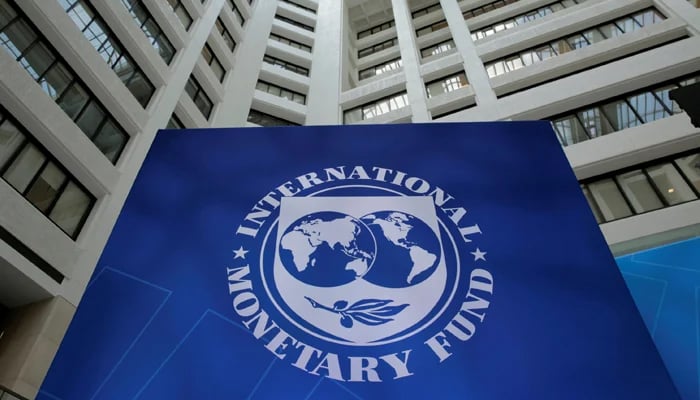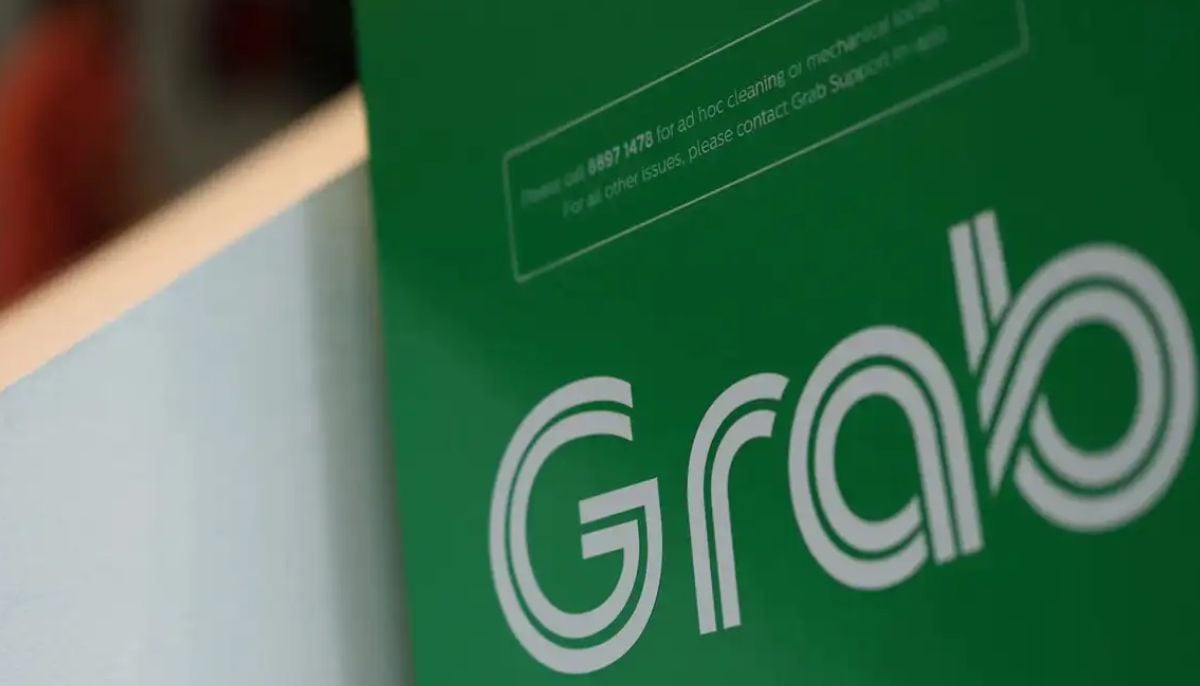Deadlock persists between Pakistan, IMF over ninth review
Pakistan to soon strike staff-level agreement with global lender, says finance secretary
Following 10 days of "tough" talks with the International Monetary Fund (IMF), Pakistan has still not reached the staff-level agreement to unlock the $1.1 billion loan tranche.
The development comes as negotiations, which took place from January 31 to February 9, with the global lender's mission — who was in Pakistan at the government's request — and the local authorities concluded in Islamabad.
Finance Minister Ishaq Dar was due to hold a press conference for the much-awaited resumption of the programme, however, no official announcement was made by the financial czar.
In a statement released late Thursday night, Secretary of Finance Hamed Sheikh, without giving further details, announced that "an agreement has already been struck with the IMF on prerequisite measures”.
"The negotiations with the IMF have been completed. The IMF has handed over the MEFP [Memorandum of Economic and Financial Policies] document [to Pakistan]," he added.
At the same time, the secretary stressed that the international creditor assured Pakistani authorities of striking a staff-level pact in the coming days and the "agreement for releasing the loan will also be signed soon".
"All matters between the IMF and Pakistan have been agreed upon," Sheikh said — noting that the Washington-based lender's mission has also assessed sources of foreign inflows.
It should be noted that during the policy-level talks, the IMF expressed its reservations over the projections made by the Ministry of Finance over external financing inflows from multilateral, bilateral creditors and in the shape of commercial loans.
He further added that the IMF mission, headed by Nathan Porter, would release a detailed statement later after approval from Washington.
The IMF's loan is critical for the country's $350 billion economy as the State Bank of Pakistan (SBP)-held foreign exchange reserves have fallen to $2.91 billion — enough to provide an import cover of 0.58 months.
Originally signed by former prime minister Imran Khan in 2019, the $6 billion bailout package repeatedly stalled after his government reneged on subsidy agreements and failed on its tax collection commitments outlined in the deal amid a yawning budget deficit.
The incumbent coalition government resumed the programme, and in August, it received around $1.17 billion under the seventh and eighth reviews of the Extended Fund Facility (EFF).
But the programme hit a bump in the road again in September — when the ninth review was due — after the authorities failed to live up to their promises with the lender and introduced a host of fiscal measures in contravention to the conditions agreed.
Later, as the forex reserves continued to deplete to dangerously low levels, the federal government, having no choice but to take the plunge, agreed to follow through with the IMF's conditions to avoid the pains of default that would have created a Sri Lanka-like situation in the inflation-battered country.
-
Uber enters seven new European markets in major food-delivery expansion
-
Will Warner Bros finalize deal with Paramount or stays loyal with Netflix's offer?
-
$44 billion Bitcoin blunder: Bithumb exchange apologizes for accidental payout
-
Global memory chip crunch puts spotlight on Apple; Will iPhone become more pricey?
-
Bitcoin plummets toward $60,000 as investors dump risky bets
-
Bitcoin crashes below $63K as regulatory pressure and market fears grow
-
Bitwise Crypto Industry innovators ETF: What investors should do in 2026?
-
Nintendo shares slide again as momentum fears grow












